| Japan 2025 Osaka Expo- gamechnahgger of pavilions celebrating community and natural worlds; mayor koike gamechnaging visist- tokyo values future of who more than anywhere in current who design and conflicts in health data investment peculiar to trump foci eg defunding mrna, distrusting research needed to prevent plagues tokyo ticad summit with africa potential gamechnager- to agree 300 memorandums with afrioca import/export bank; africa to rise wherever us tarif expoert market declines; agentic intelligence era celebrates leap in engineering brains everywher- see also africa next einstein network as one organic pan africa drive to make mathematicians coller than sporst stars- see eg meta now offering transfer fees to top ai wizards more than top sports stars. | happy 2019 Japan-Global -pope francis visit 23-27 nov -emperor reiwa worldwide celebration by people who love their places most oct 22..japan leds g7 support of sdgs at g20 (see osaka track and society 5.0) ticad, unga .. apec 2019 abe sets ai agenda for 2020s - deep transnational data osaka track- japan speciality soc3.0 how do 3 generations invest in each other- what should japan do about having lowest % of millennials and young engineering brains looking forward to maolympics Tokyo 2020 -
more on 2019 from EconomistDiary.com : people who love their place's youth/sustaianbility attending enthronement emperor and celebration of reiwa era's year 1: oct 22 include prince charles |
Artificial Intelligence (AI) technology is becoming one of the most versatile digital tools which is reshaping the world with how we gather and analyze data, enrich information, and use the resulting intelligence to help make informed decisions. AI is already transforming every walk of life regardless of where one lives in the world. This is true in Africa as well, where AI based solutions are addressing key challenges in areas such as healthcare, agriculture, education, and economic development. In many ways, it is being considered as one of the key digital drivers to help solve socio-economic challenges and accelerate sustainable development.
However, in order to truly harness the power of AI, there are many challenges that the African countries need to overcome as well. Limited Infrastructure, Scarcity and Quality of AI ready dataset, Skill Gaps and scarcity of AI talents, Ethical and Cultural Considerations, Governance and Regulatory Issues, Safety and Trust are some of the key challenges that the continent faces and must tackle.
Key Questions
Session1: Panel Discussion“Challenges and opportunities of AI in African development”
- What are the potential benefits of introducing AI into various different socio-economic and political development of the African continent?
- What are the key challenges which Africa need to tackle when it adapts AI for its development?
- How could government, development partners, academia, and private sectors can create synergy in the area of AI to promote digital transformation and development in Africa?
Session2: TED Talk Style Presentation “AI Talent development in Africa”
- What is the current condition of AI human capacity in Africa?
- What are needed to expand AI talents in Africa?
- How could development partners, academia, and private sector could collaborate to help build AI talents in Africa?
Objective
The purpose is to discuss the challenges and opportunities of AI in African development, as well as methods for nurturing AI talent to support AI-driven development in Africa. It is expected that the results of this discussion will be reflected in various AI initiatives implemented in Africa.Speakers
Opening
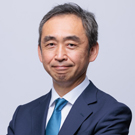
- Mr. Naoki ANDO, Senior Vice President
- JICA
Keynote
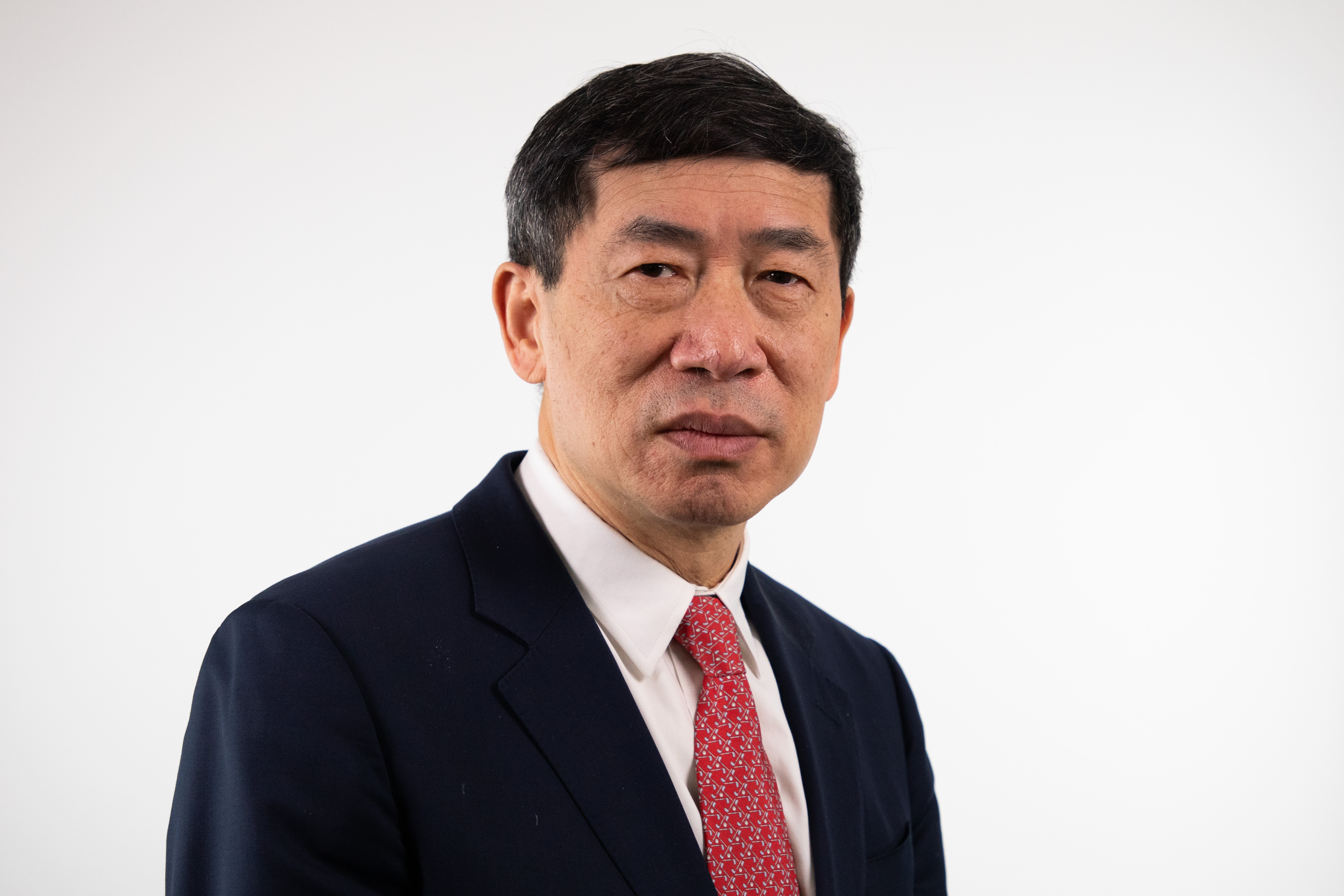
- Mr. Haoliang Xu, Acting Administrator and Under Secretary-General, Associate Administrator
- UNDP
Session1
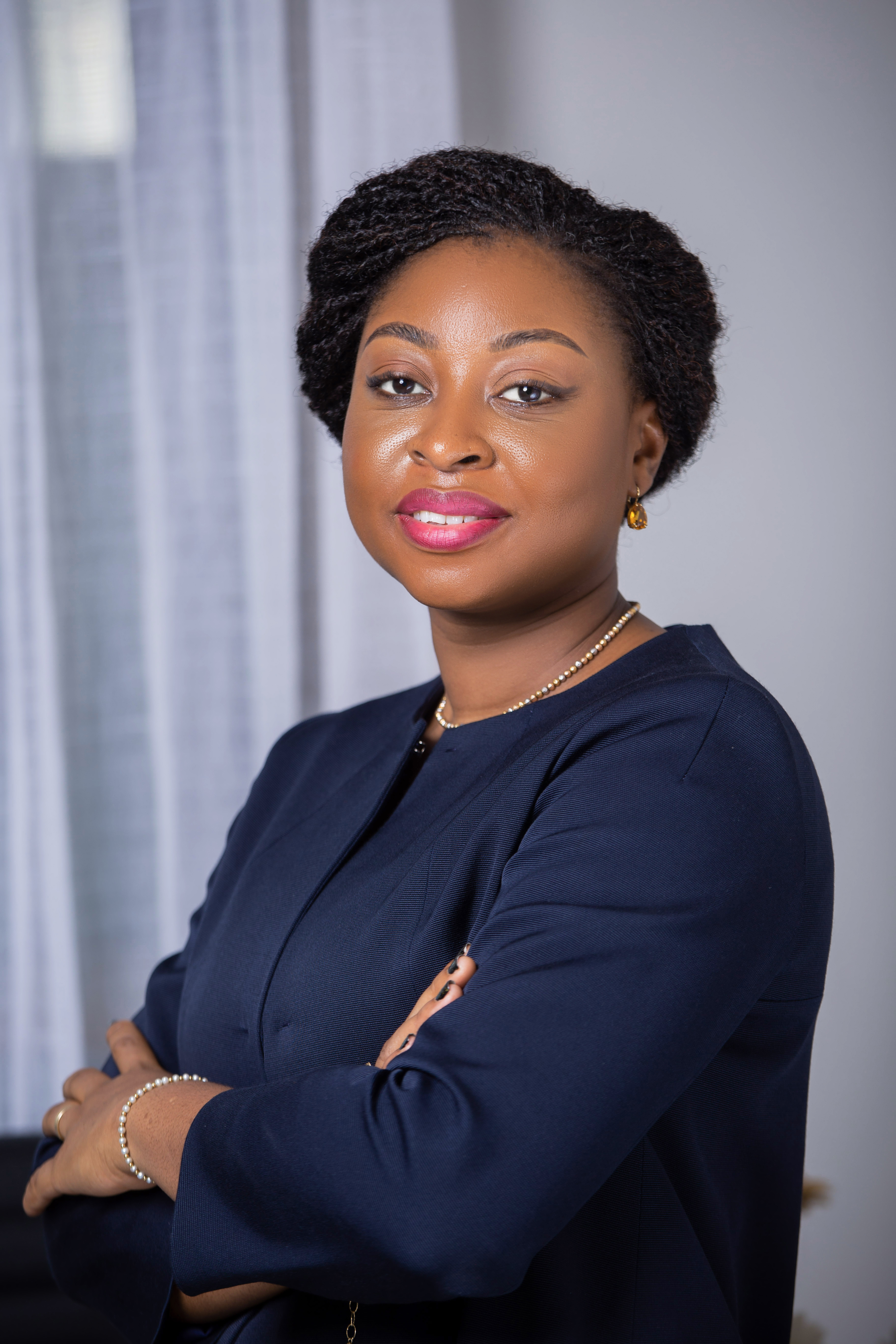
- Hon. Aurelie I. Adam Soule Zoumarou, Minister of Digital Affairs and Digitalization
- Government of Benin
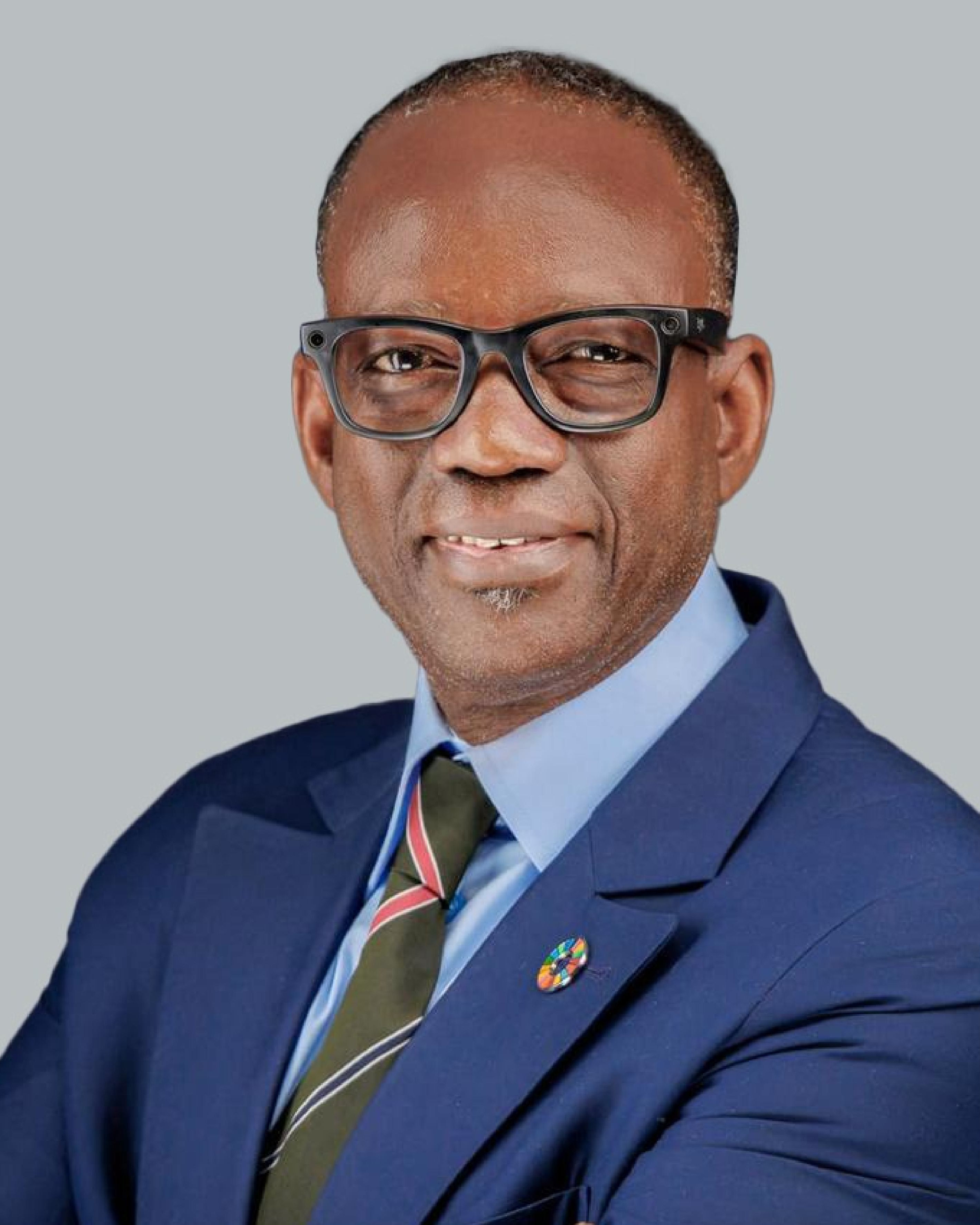
- Mr. Lacina Koné, Chief Executive Officer
- Smart Africa
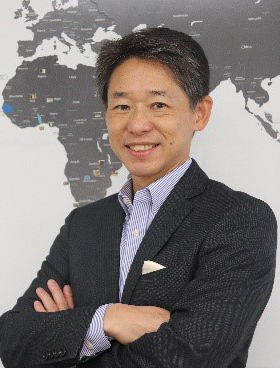
- Mr. Tomoyuki Naito, Vice President and Professor, Graduate School of Information Technology, Kobe Institute of Computing
- Kobe Institute of Computing
- Ms. Natalie Payida Jabangwe, Executive Secretary/CEO
- Timbuktoo Africa Innovation Foundation
Session2
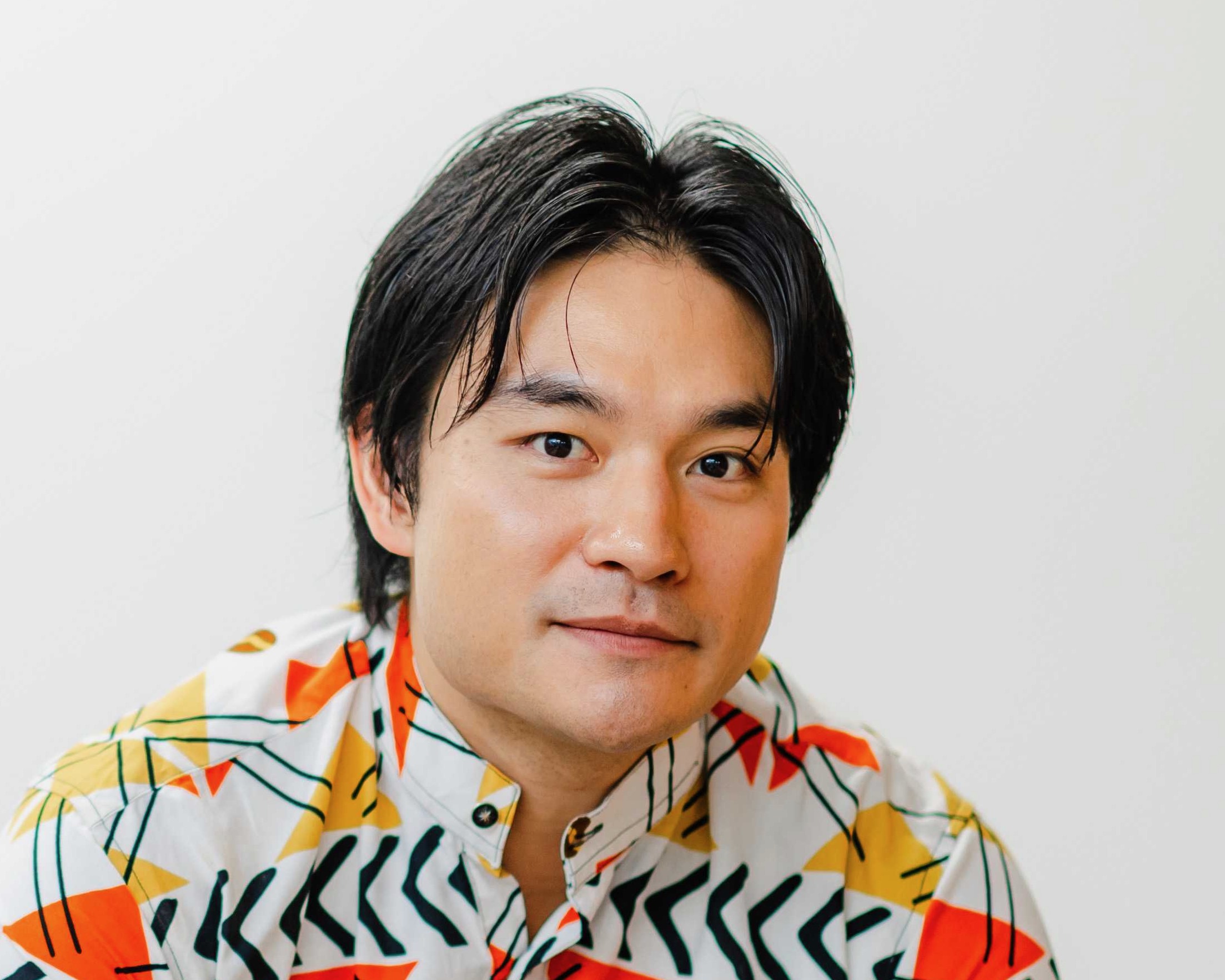
- Mr. Doga Makiura, The founder and CEO
- Degas
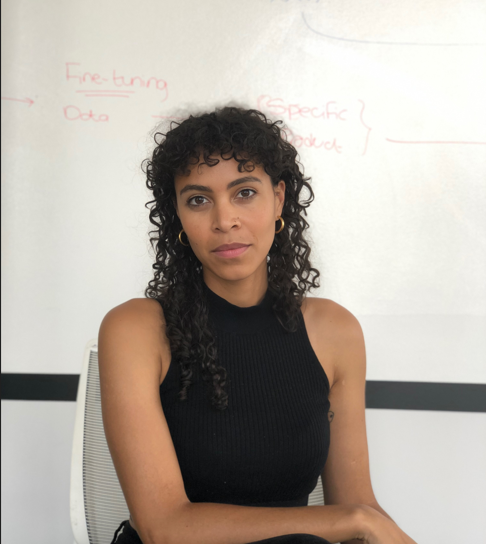
- Ms. Pelonomi Moiloa, The founder and CEO
- Lelapa AI
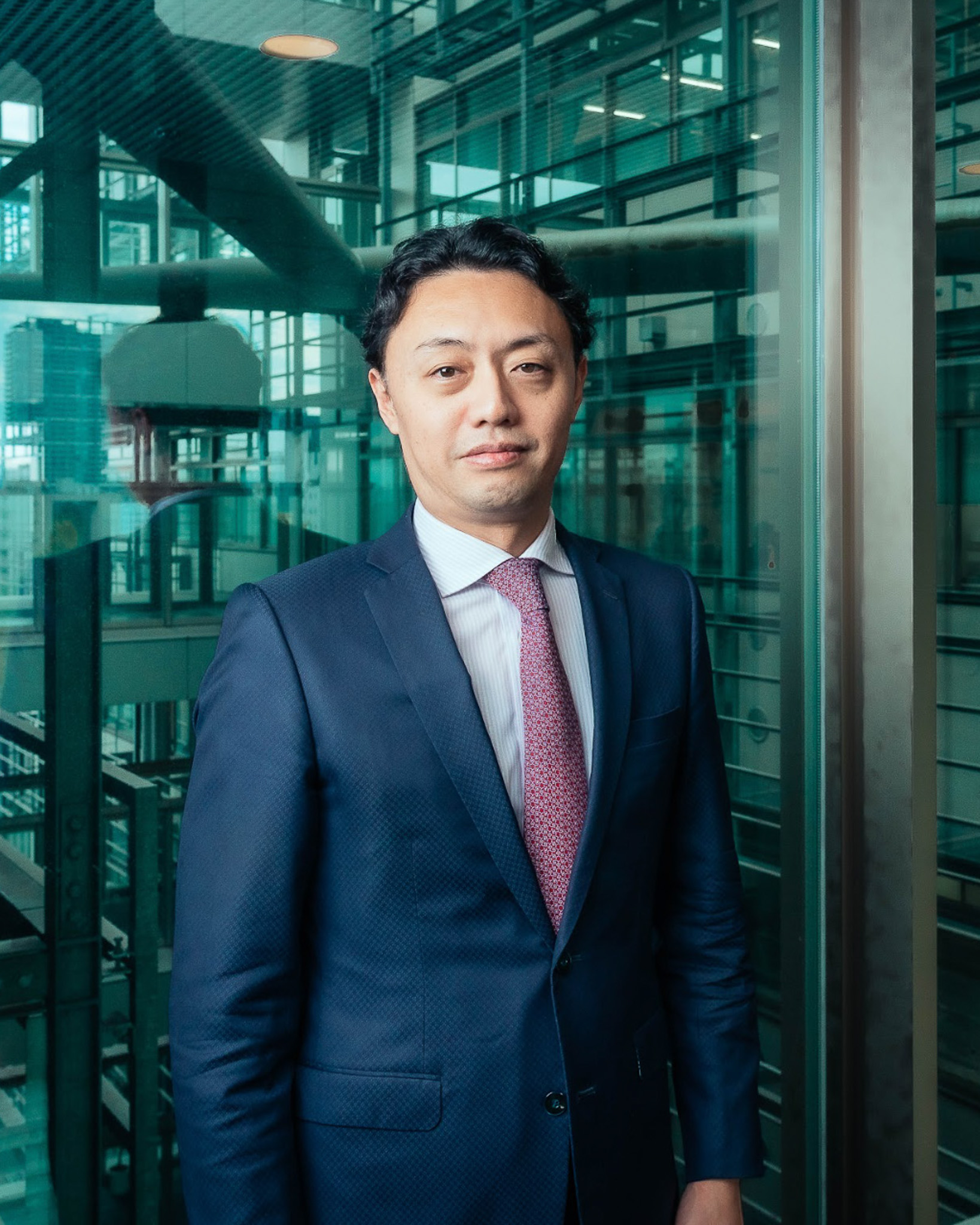
- Prof. Yutaka Matsuo, Professor
- Tokyo University

- Erin Hirakawa, Officer of International Relations
- Matsuo-Iwasawa Laboratory
Closing Remarks Movie
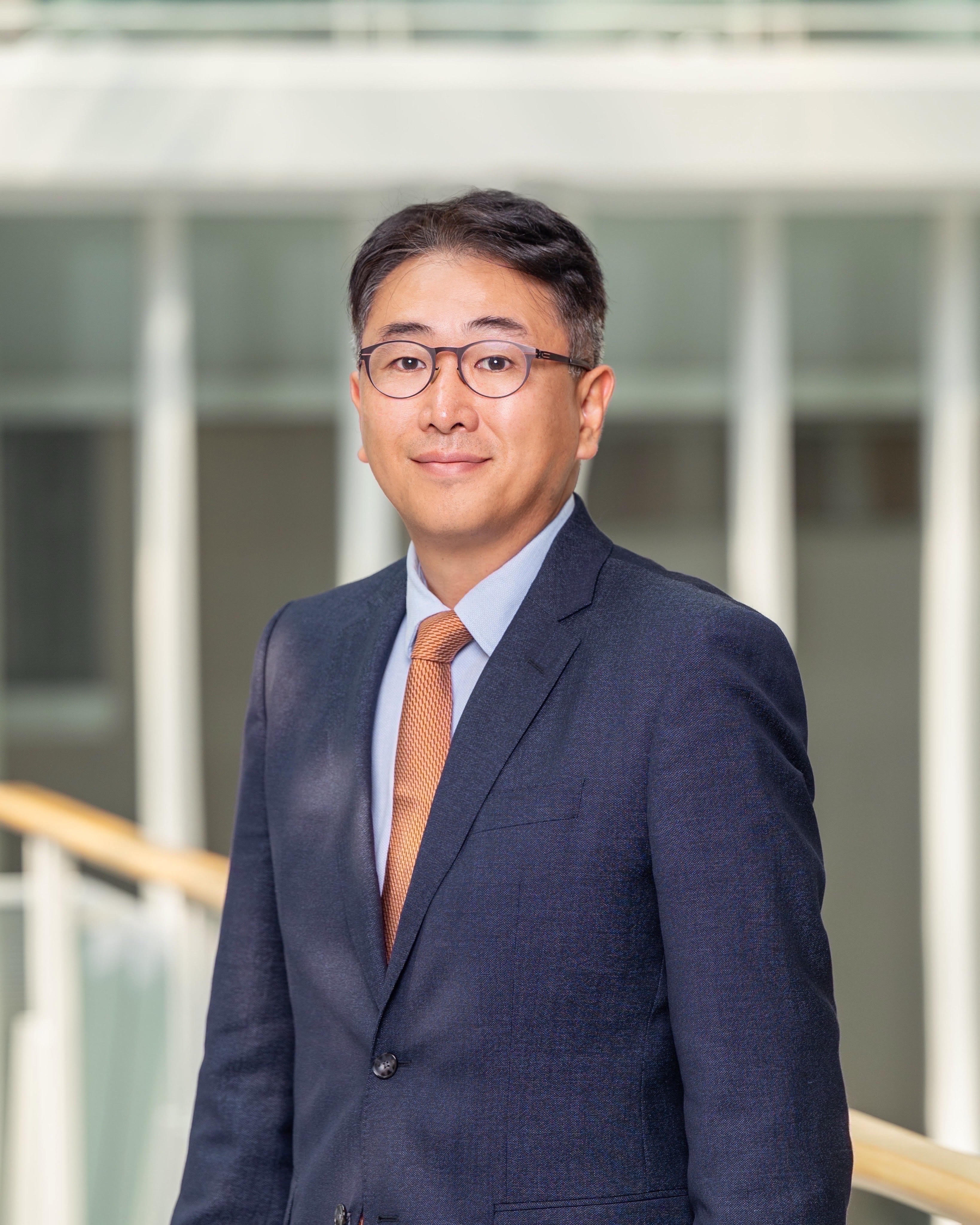
- Sangbu Kim, Vice President for Digital
- World Bank
Facilitator
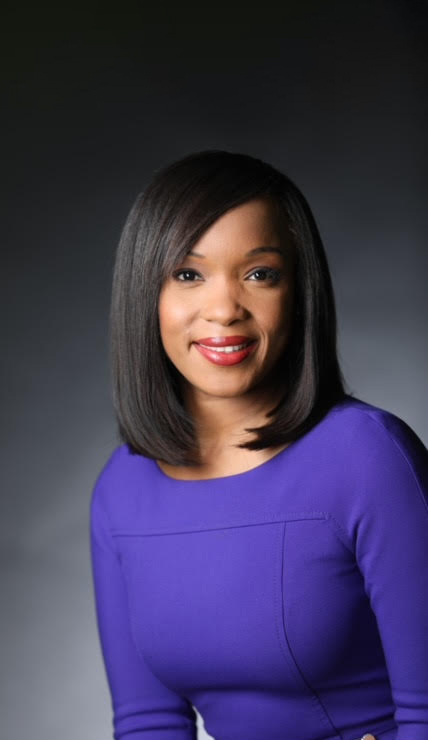
- Ms. Folly Bah Thibault|Journalist and principal presenter
- Al Jazeera
Field in Drug Discovery | Description of AlphaFold's Parallel/Impact | Examples & Likelihood of Expansion | Key References |
|---|---|---|---|
Protein-Ligand Binding & Virtual Screening | AlphaFold 3 predicts binding poses and affinities, enabling rapid screening of chemical libraries against protein targets. Parallels: Improves docking simulations (e.g., AutoDock Vina) by refining predictions with ML, reducing false positives. | High likelihood; used in antibacterial compound design and lead optimization for antivirals. MIT studies show 20-30% accuracy gains for bacterial proteins. | , , |
Antiviral & Vaccine Development | Models virus-host protein interactions and antibody binding, aiding epitope design. Parallels: Extends to viral envelope proteins (e.g., SARS-CoV-2) and RNA complexes, accelerating mRNA vaccine iterations. | Very high; already contributed to COVID-19 research and malaria vaccines. Likely for emerging pandemics like mpox. | , , |
Cancer Immunotherapy & Oncology | Predicts immune checkpoint structures (e.g., TIM-3) and small-molecule inhibitors. Parallels: Enables rational design of bispecific antibodies and PROTACs (proteolysis-targeting chimeras). | High; Isomorphic's TIM-3 work demonstrates direct application. Parallels in tumor microenvironment modeling. | , , |
Enzyme & Metabolic Disorder Design | Simulates enzyme active sites for inhibitor design in metabolic diseases. Parallels: De novo enzyme engineering via generative models conditioned on AlphaFold embeddings. | Medium-high; impacts diabetes and rare disorders like phenylketonuria. Likely for synthetic biology drugs. | , |
Neurological & Protein Misfolding Diseases | Tackles amyloid formation in Alzheimer's/Parkinson's by predicting misfolded states. Parallels: Allosteric modulator design for rigid AlphaFold models. | High; addresses 50-year-old challenges in neurodegeneration. Emerging ML hybrids for dynamic simulations. | , |
Antimicrobial Resistance (AMR) | Identifies novel antibiotics targeting resistant bacteria (e.g., carbapenem-resistant Enterobacteriaceae). Parallels: WHO priority pathogen screening with ligand predictions. | Very high; urgent for tropical settings. AlphaFold aids in efflux pump and beta-lactamase modeling. | , |
Gene Therapy & CRISPR Off-Target Prediction | Models Cas9-DNA interactions and guide RNA designs. Parallels: Predicts editing outcomes for genetic diseases like SCD. | Medium; integrates with base editing tools. Likely for sickle cell gene therapies (e.g., exagamglogene autotemcel). | , |
Neglected Tropical Diseases (NTDs) | Accelerates structure-based design for parasites (e.g., Plasmodium for malaria). Parallels: Multitarget models for polypharmacology in co-infections. | High; direct malaria/TB applications. H3D Centre in Africa uses similar AI for NTDs. | , |
- Malaria (Plasmodium falciparum): Kills ~627,000 annually (95% in Africa); drug resistance rising. Prioritization likely: AlphaFold aids parasite protein modeling for new antimalarials. H3D and DNDi focus here; Novartis has malaria programs.
- Tuberculosis (TB, incl. MDR-TB): 1.5 million deaths/year; Africa has 25% of cases. Urgent for novel mechanisms; Isomorphic's ligand predictions suit TB enzyme targets. Eli Lilly has TB history; African innovators like Özlem Tastan Bishop use AI for rational design.
- HIV/AIDS: 34% of neglected disease R&D funding; co-epidemics with TB/malaria. High priority for long-acting therapies; AlphaFold parallels in viral protein design. Google's Africa initiatives include HIV tools.
- Sickle Cell Disease (SCD): Affects 20+ million globally (high in sub-Saharan Africa); genetic focus fits Isomorphic's protein expertise. Though not current, partners could prioritize gene therapies; NHLBI trials ongoing.
- Neglected Tropical Diseases (NTDs) like Human African Trypanosomiasis (HAT/sleeping sickness), Leishmaniasis, and Schistosomiasis: Endemic to Africa; low commercial incentive but high burden (e.g., HAT kills thousands yearly). DNDi/H3D collaborations; AlphaFold enables de novo screening for orphan targets.
- Antimicrobial Resistance (AMR) Pathogens: WHO priority (e.g., carbapenem-resistant bacteria); Africa sees high rates in hospitals. Parallels in antibacterial design; urgent for pan-African trials.
- Cryptosporidiosis & Other Diarrheal Diseases: Major child killer; nitazoxanide ineffective in malnourished kids. Likely for Isomorphic's small-molecule focus.
| Africa Clean Energy Initiative | HICKARE Africa: Harnessing Innovation, Co-creation, and Knowledge for Accessible and Resilient Energy for Africa *As the event has already reached full capacity, general participation is available online only. | African Development Bank, World Bank, ESMAP, AUC, AUDA-NEPAD |
Speakers
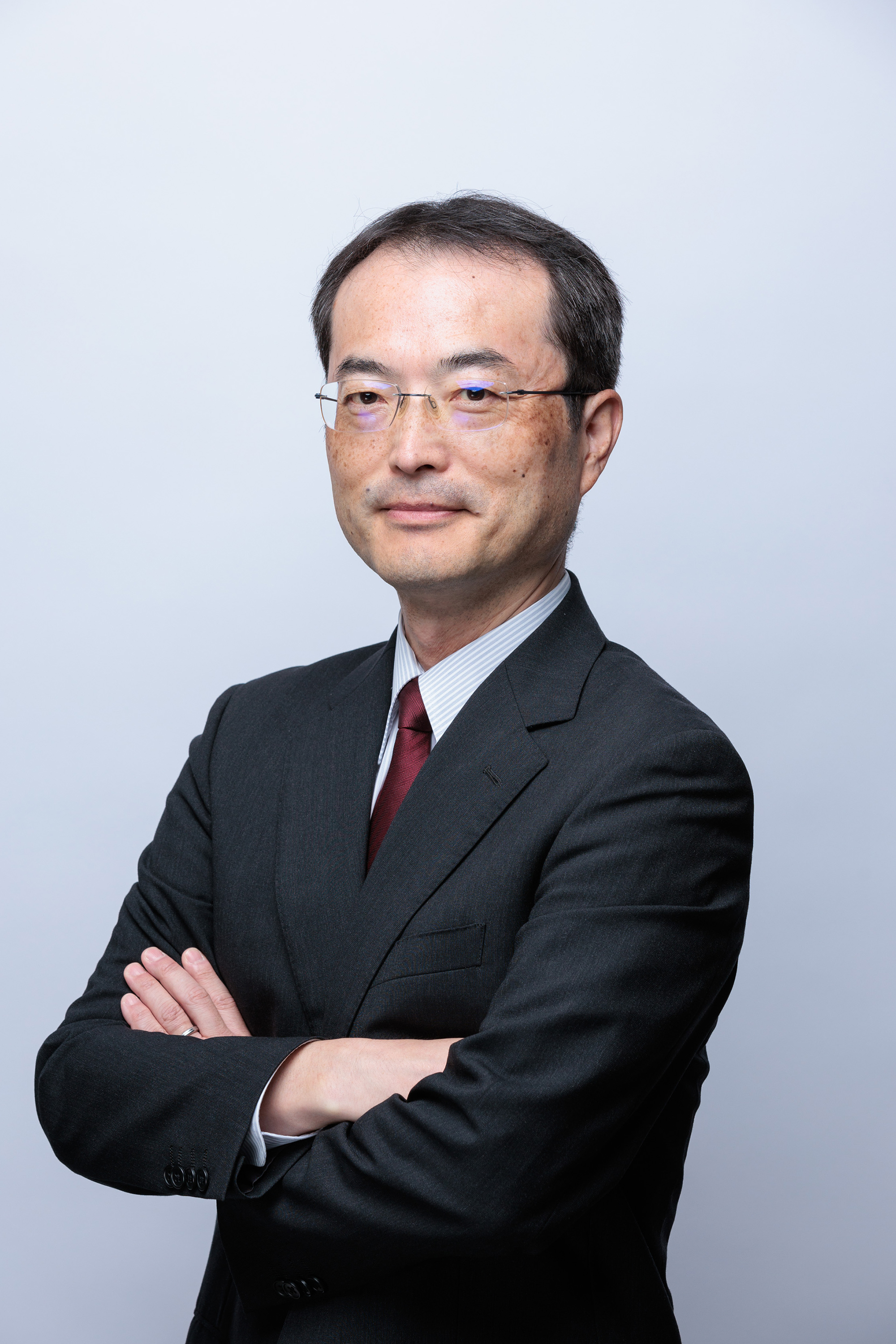
- Mr. KAWAMURA Kenichi
- Senior Vice President, JICA
- H.E. Ms. Lerato Mataboge
- Commissioner for Infrastructure and Energy, AUC (TBD)
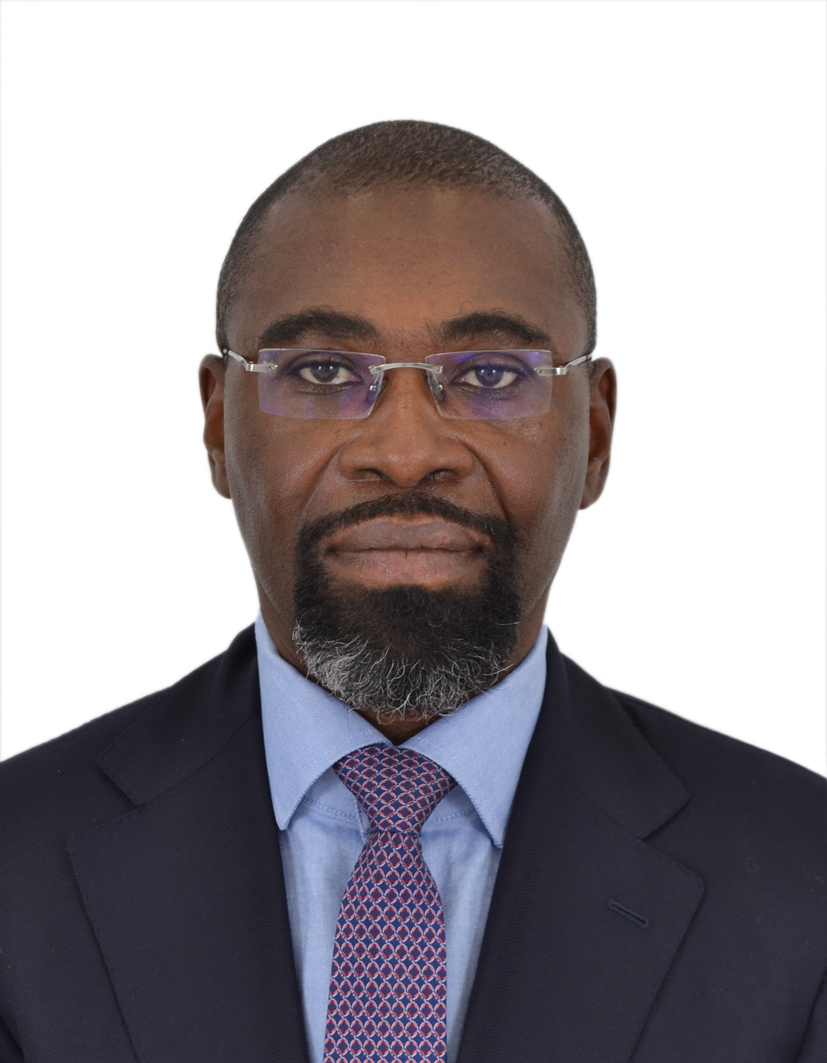
- Mr. Wale Shonibare
- Director of Energy Financial Solutions, Policy and Regulation Department, African Development Bank
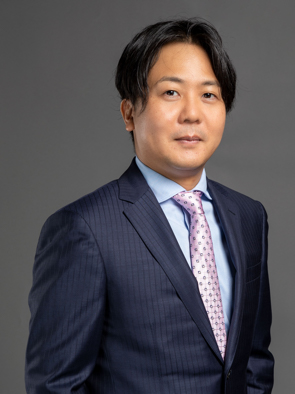
- Mr. NOMOTO Takaaki
- Director, Multilateral Development Banks Division, International Bureau, Ministry of Finance, Japan (TBD)
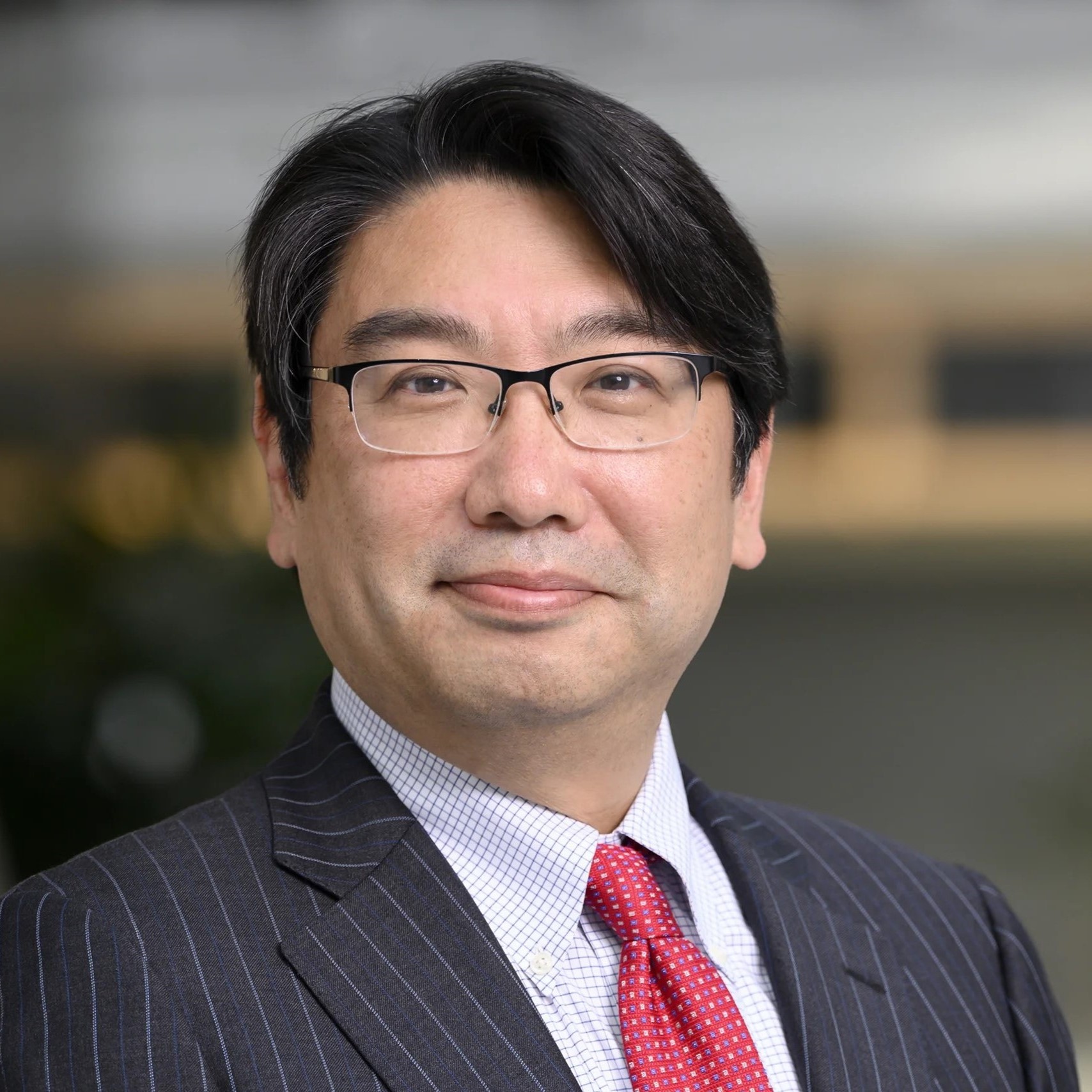
- Mr. MATANO Hiroshi
- Executive Vice President, Multilateral Investment Guarantee Agency (MIGA), World Bank Group (TBD)
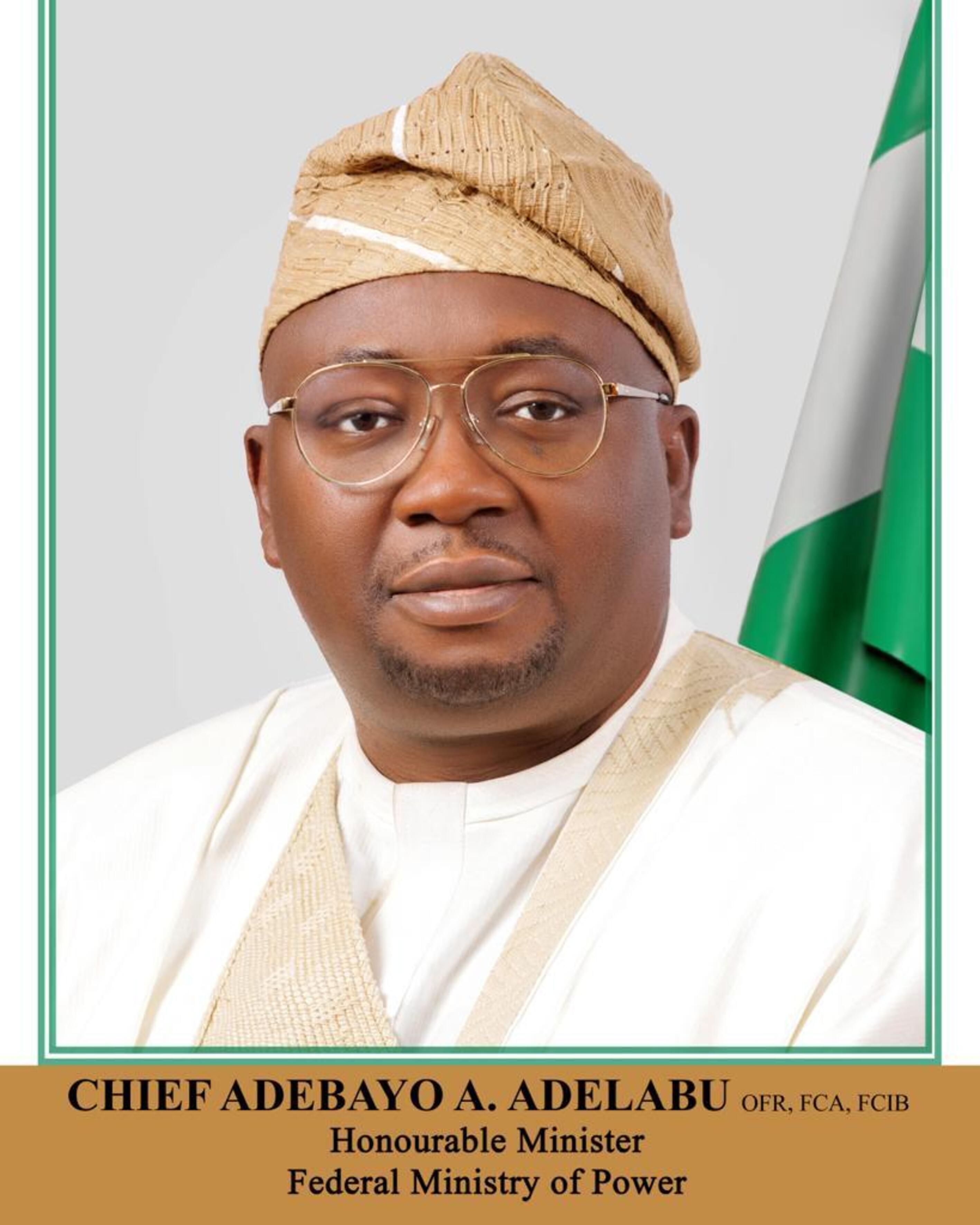
- H.E. Mr. Adebayo Adekola Adelabu
- Minister, Federal Ministry of Power, Federal Republic of Nigeria (TBD)
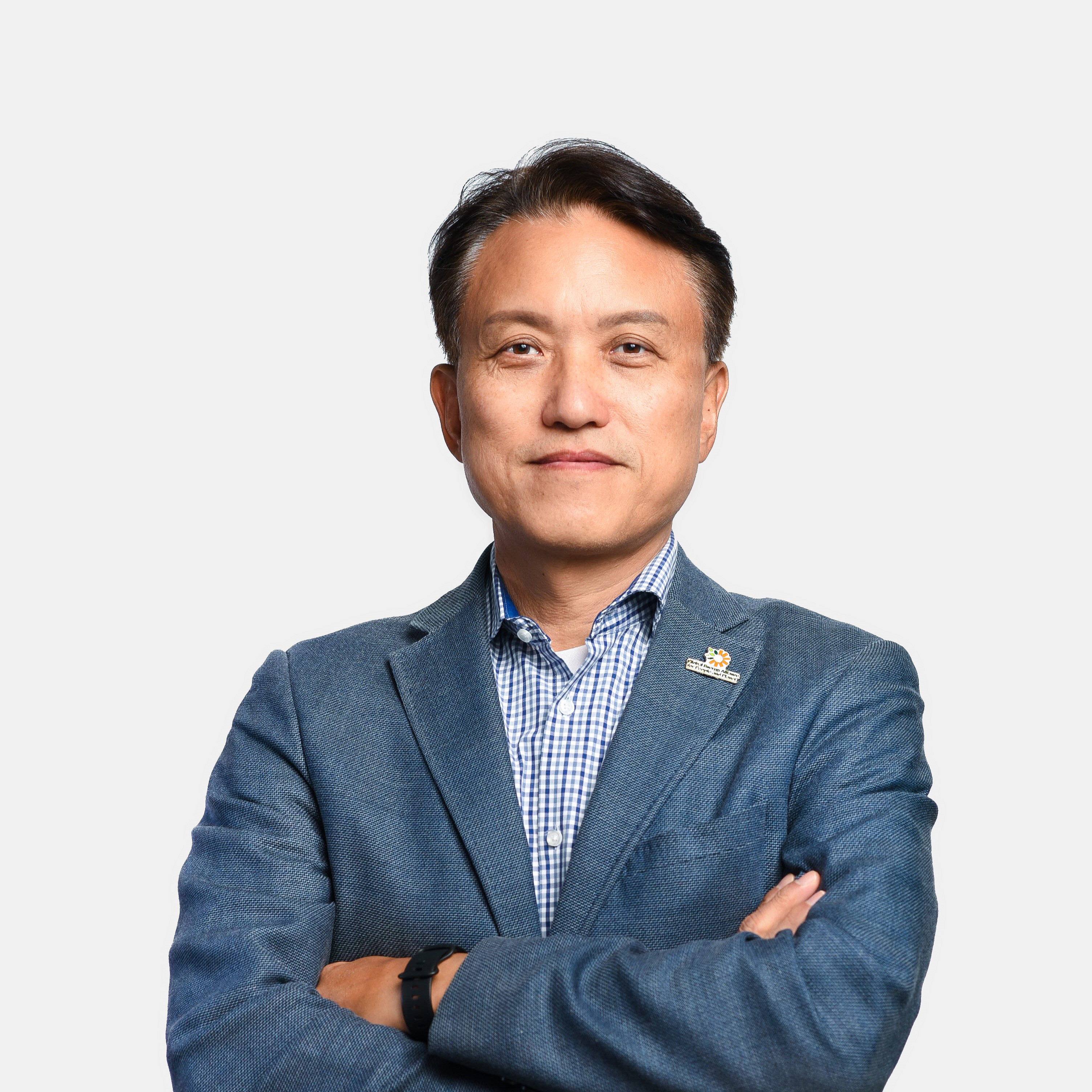
- Mr. Woochong Um
- CEO, Global Energy Alliance for People and Planet (GEAPP)
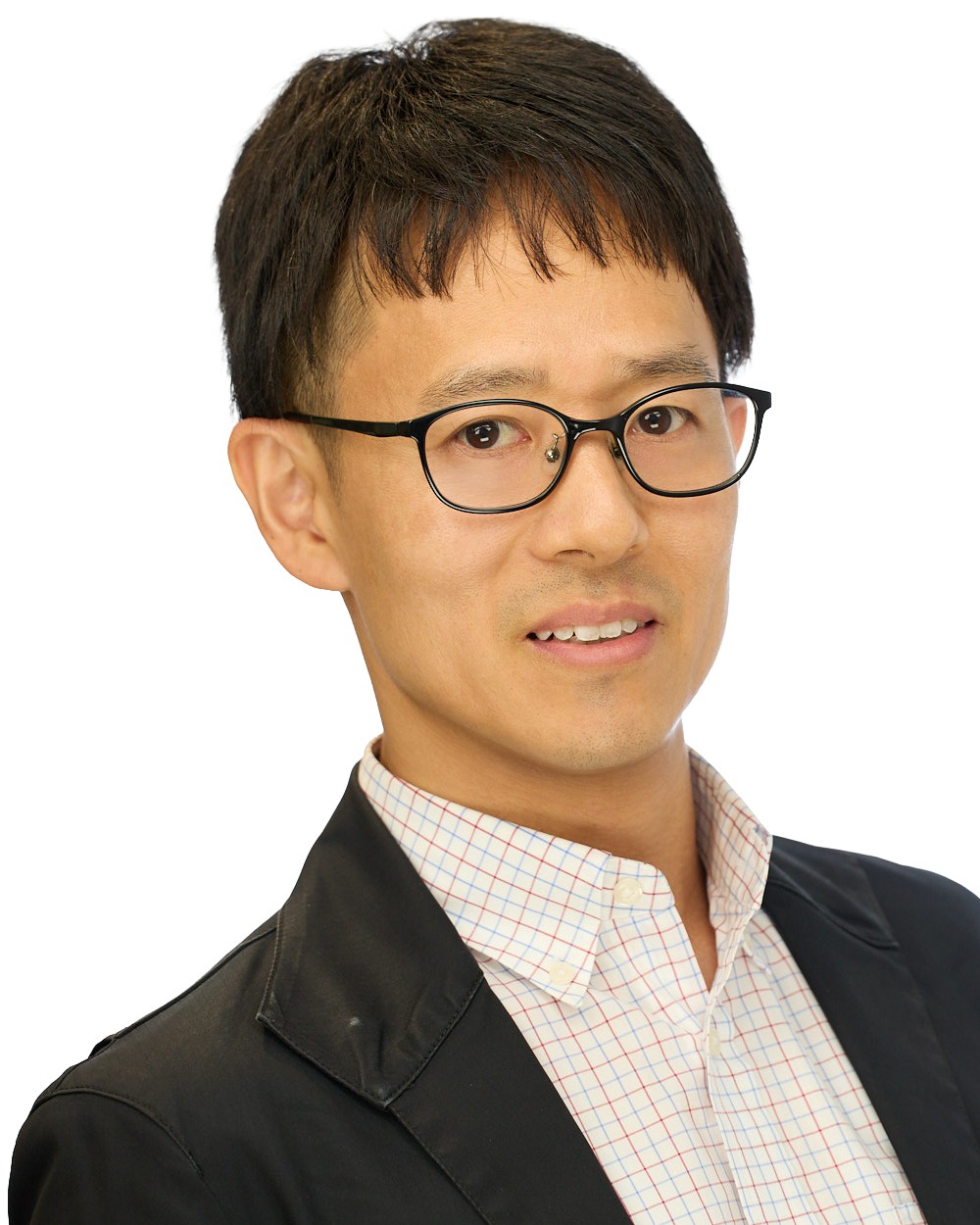
- Mr. ASAHI Takahiro
- Manager, External Relations Department, Tokyo Office, DAIKIN Industries, Ltd.
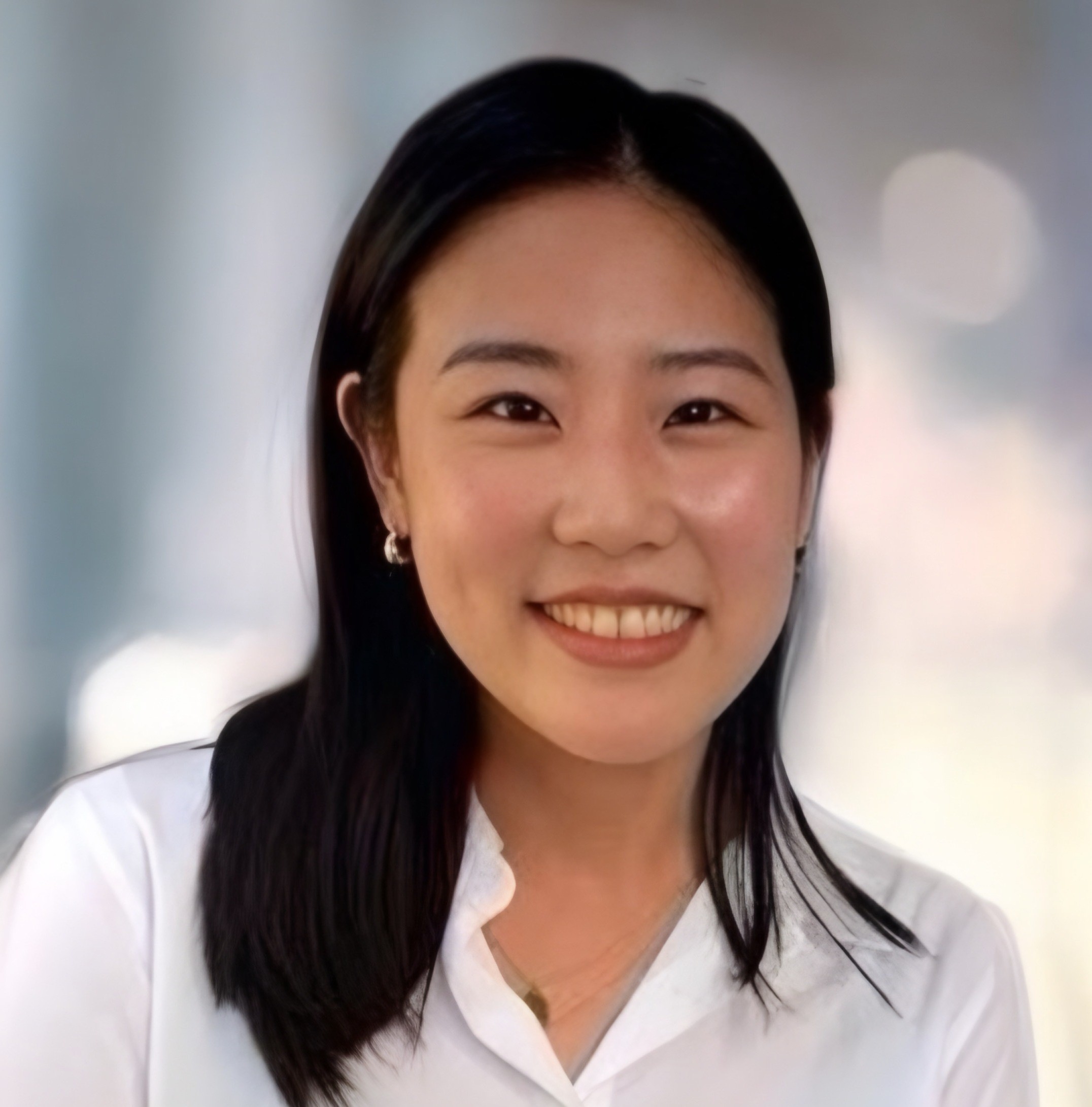
- Ms. TANIUCHI Ai
- COO, WASSHA
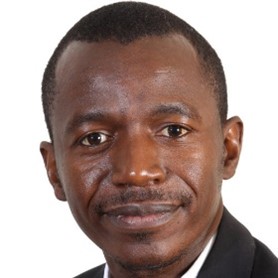
- Mr. Simbini Tichakunda
- Principal Programme Officer for Energy, AUDA-NEPAD
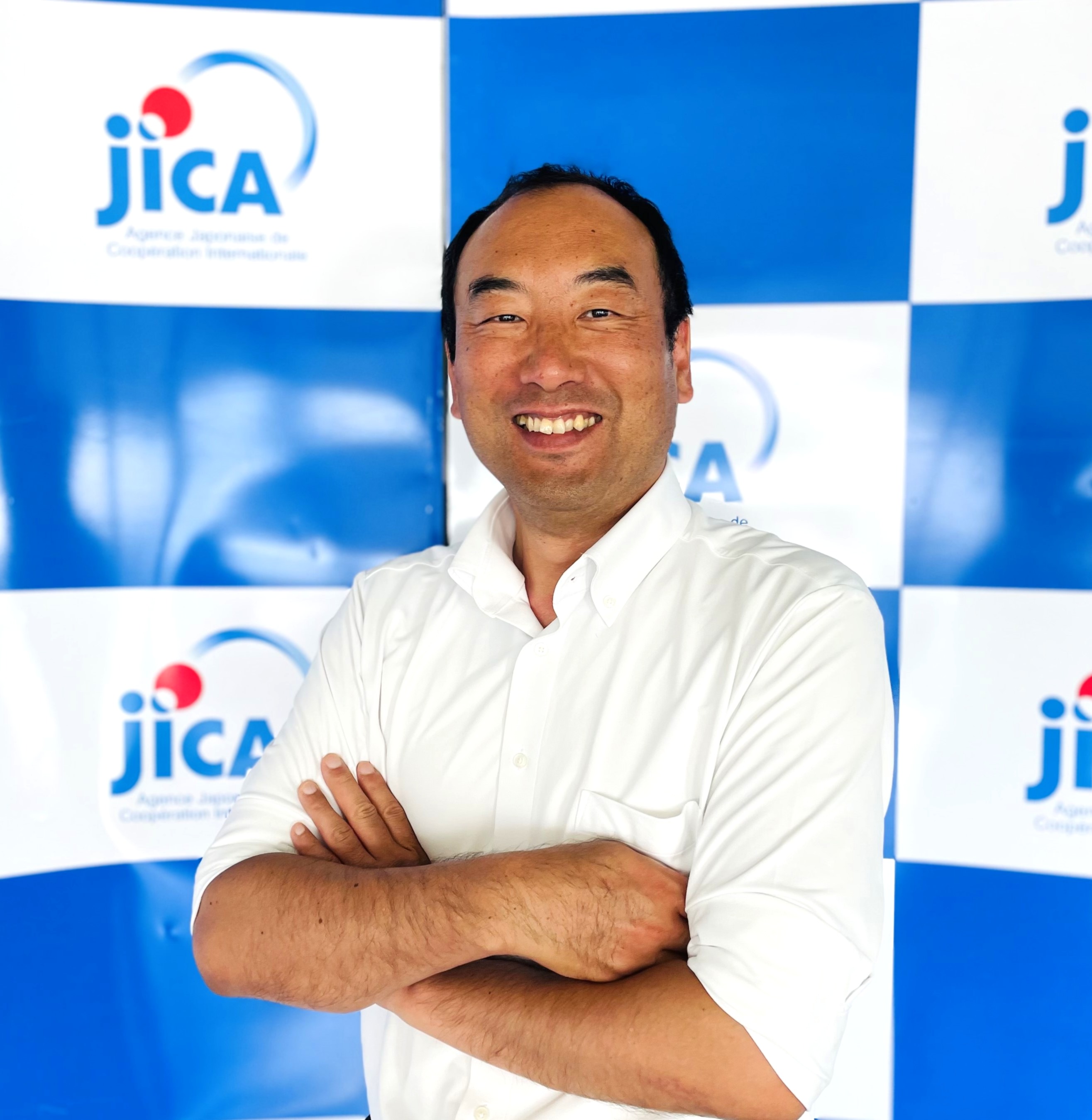
- Mr. YAMAMOTO Masashi
- Director for Team 2, Energy and Mining Group, Infrastructure Management Department, JICA
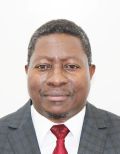
- Eng. Stephen Dihwa
- Executive Director, Southern African Power Pool (SAPP)
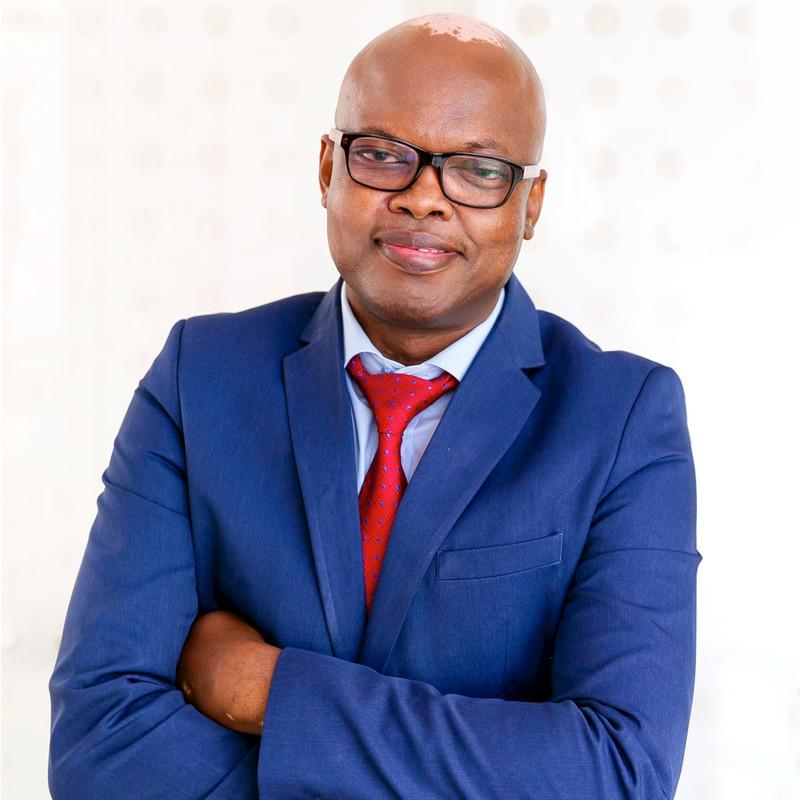
- Mr. Amine Idriss Adoum
- Director Infrastructure, Industrialisation and Trade Directorate AUDA-NEPAD (TBD)
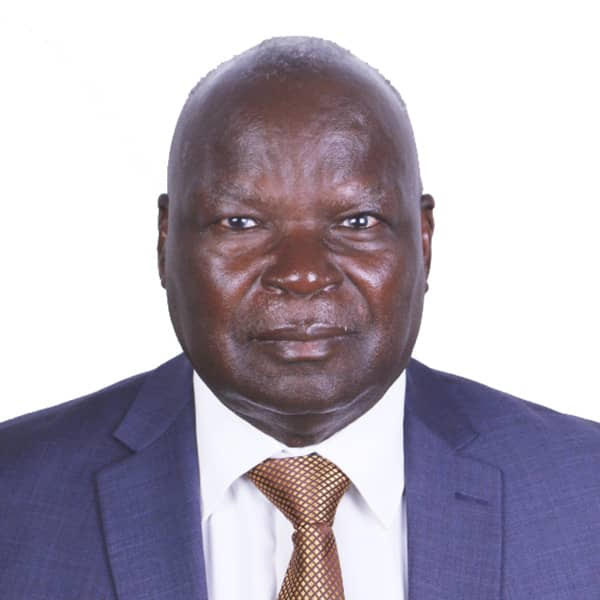
- Mr. July Moyo, Minister
- Minister, Ministry of Energy and Power Development, Republic of Zimbabwe (TBD)
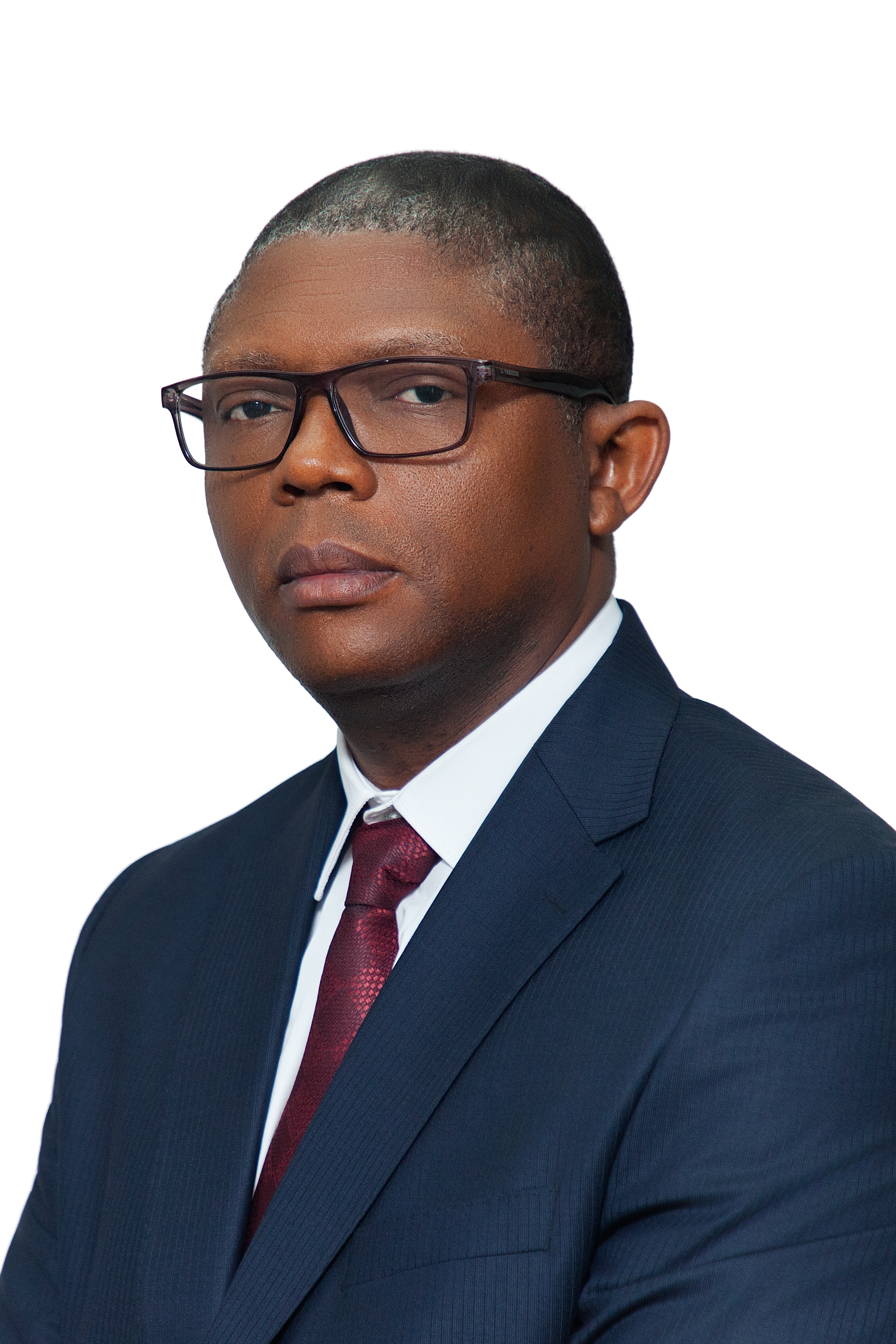
- Mr. Bob Mabiala Mvumbi
- CEO, Agence pour le Dévelopment at la promotion du project Grand INGA (ADPI)
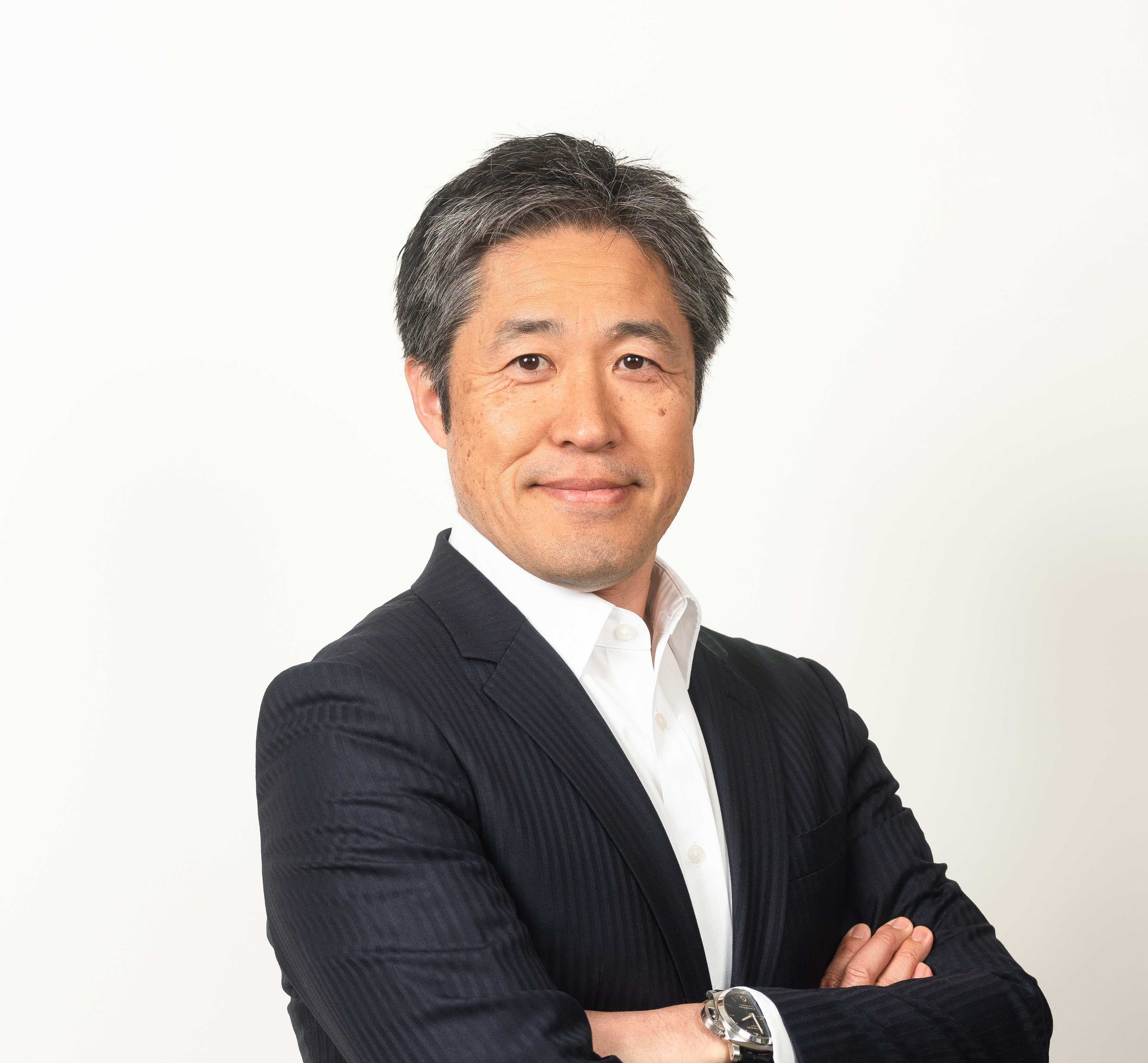
- Mr. HIRATA Tatsuya
- COO of Africa Division, Toyota Tsusho Cooperation, Deputy CEO of CFAO
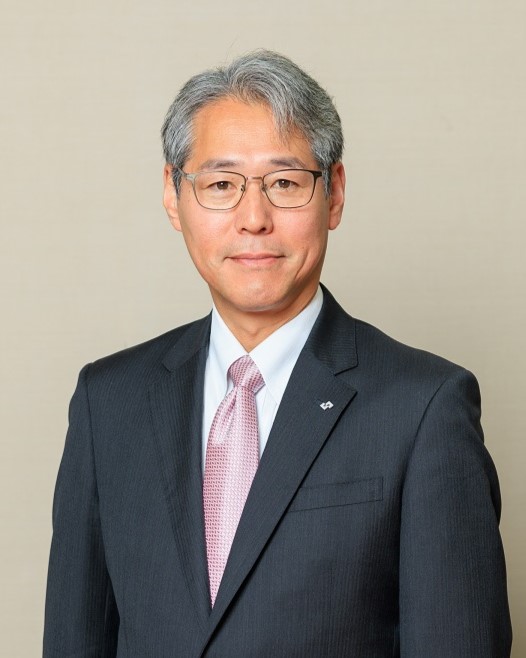
- Mr. OISHI Takashi
- Executive Director, TEPCO Power Grid Co.
Objective
- To launch the new academic network between Japan and Africa, in which Egypt-Japan University of Science and Technology (E-JUST, Egypt), Jomo Kenyatta University of Agriculture and Technology (JKUAT, Kenya) and Stellenbosch University (SU, South Africa) act as “Hub” for networking and collaboration among African universities and with Japanese universities, which is called “AJ-INSPIRE” (Africa-Japan Initiative for Scientific Partnership in Innovative Research and Education)
- To discuss how knowledge co-creation and development of highly qualified human resource are promoted in terms of solving challenges for socio-economic development in Africa through collaboration with multiple stakeholders.
- To deepen understanding for development of education, research and academia-industry collaboration in Science, Technology and Innovation (STI) for Africa.
Speakers
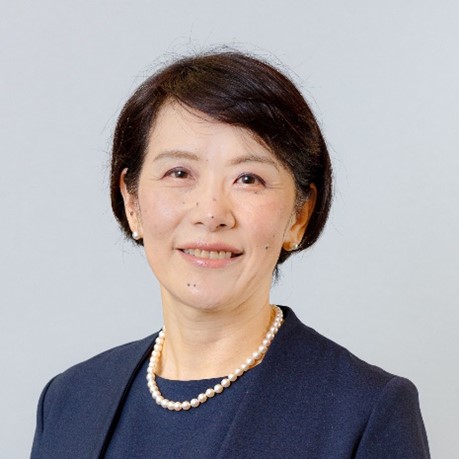
- Ms. Sachiko Imoto
- Senior Vice President, Japan International Cooperation Agency (JICA)
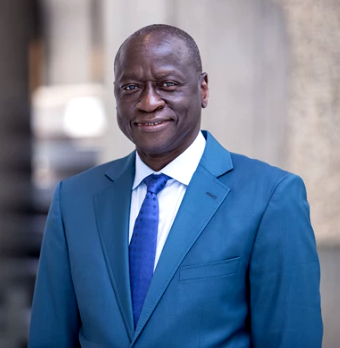
- Ousmane Diagana
- Vice President, Western and Central Africa
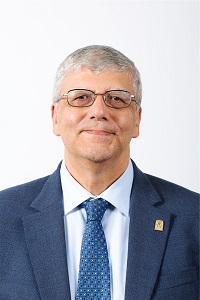
- Prof. Amr ADLY
- President, Egypt-Japan University of Science and Technology (E-JUST)
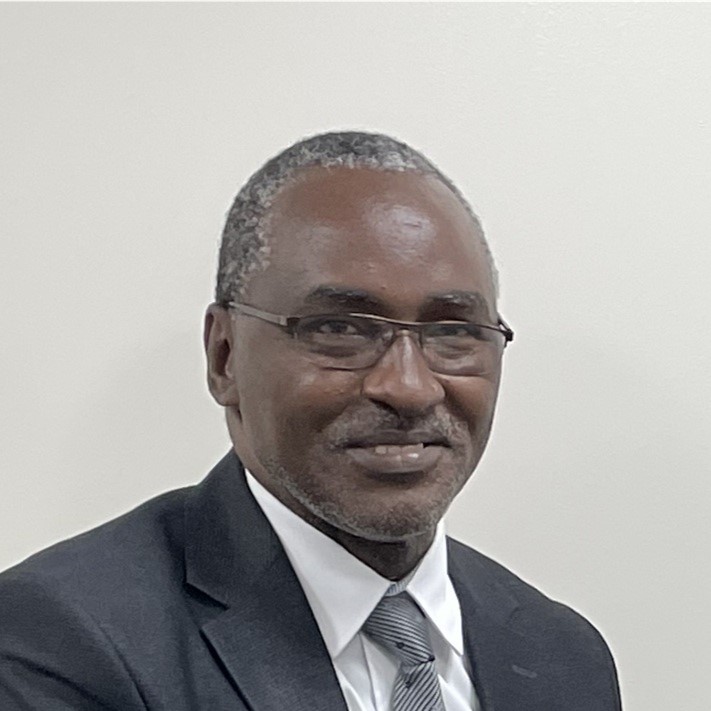
- Prof. Robert Kinyua
- Deputy Vice Chancellor for Academic Affairs, Jomo Kenyatta University of Agriculture and Technology (JKUAT)
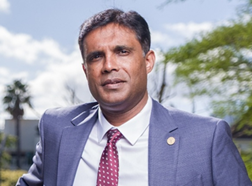
- Prof Deresh Ramjugernath
- Rector and Vice-Chancellor, Stellenbosch University (SU)
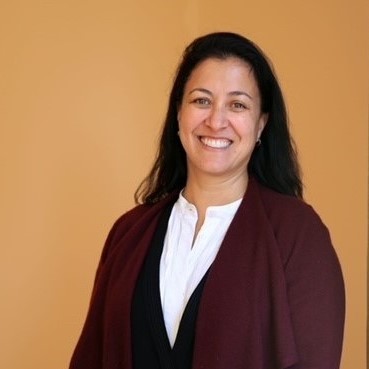
- Dr. Roberta Malee Bassett
- Global Lead for Tertiary Education and Senior Education Specialist, World Bank
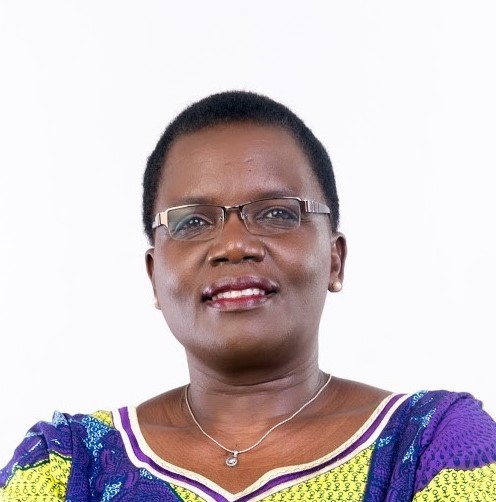
- Mme. Hendrina C. DOROBA
- Division manager, Education and Skills Development Division, Human Development Department, African Development Bank (AfDB)
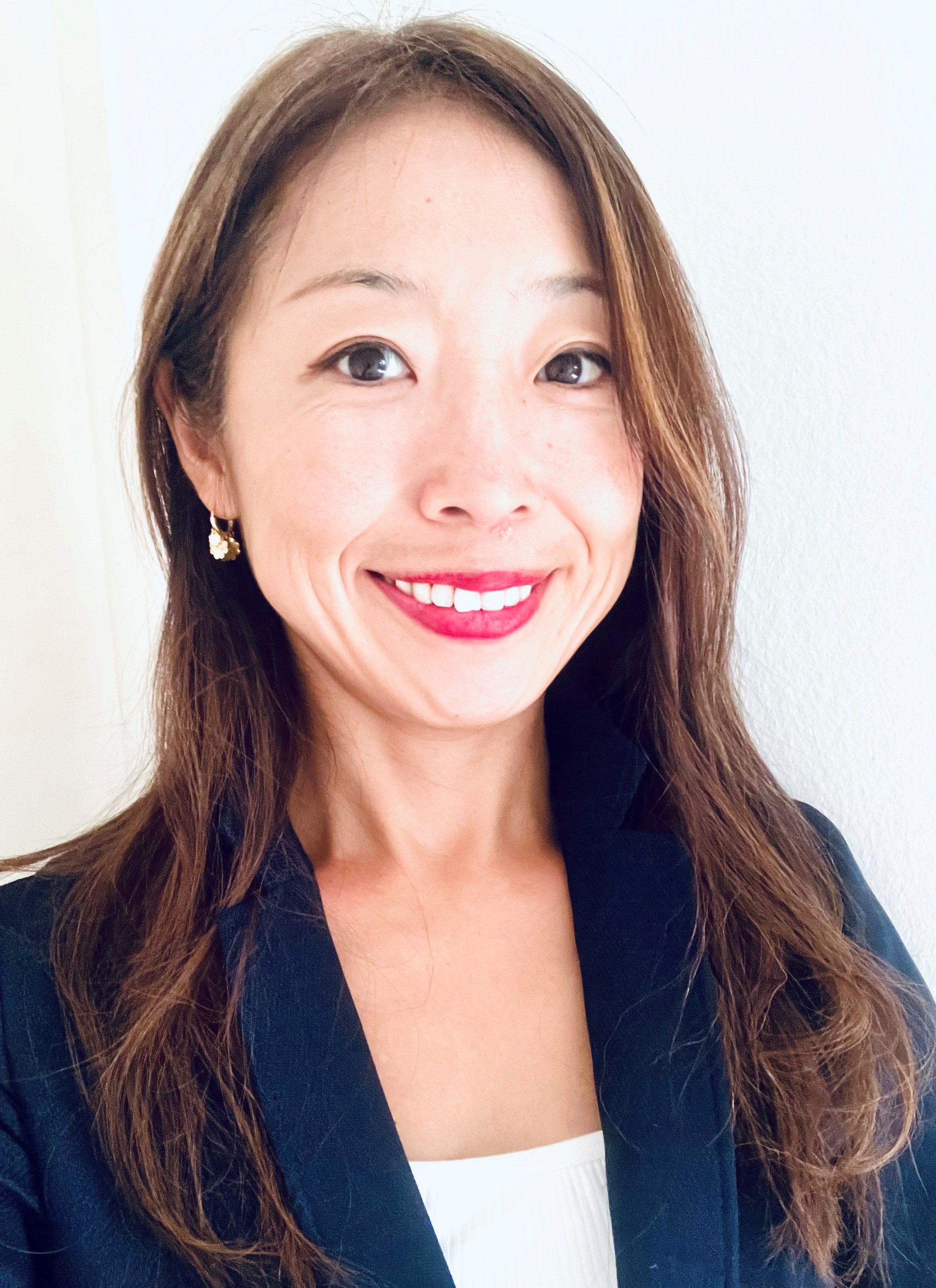
- Dr. Keiko Takei
- Chief Education Analyst, African Development Bank (AfDB)
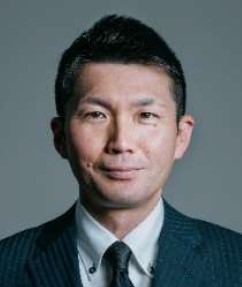
- Mr. Shinsuke OKADA
- Director for international cooperation, International Science and Technology Policy Division, Ministry of Education, Culture, Sports, Science and Technology (MEXT)
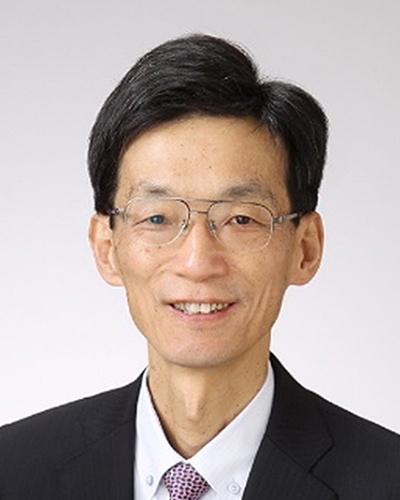
- Prof. Shuji Shimizu
- Executive Vice President, Kyushu University
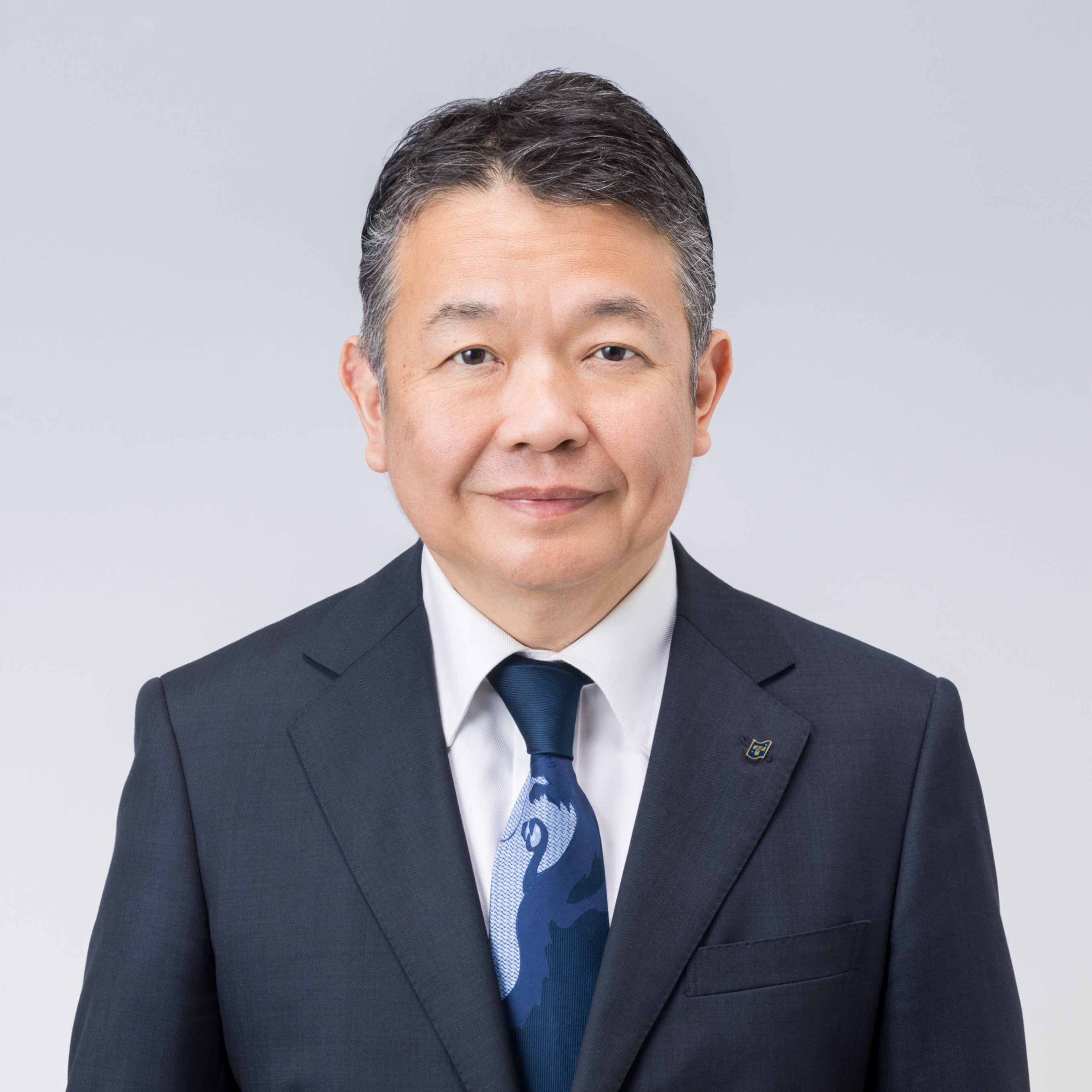
- Mr. Kohei Okada
- Executive Officer Deputy CSO
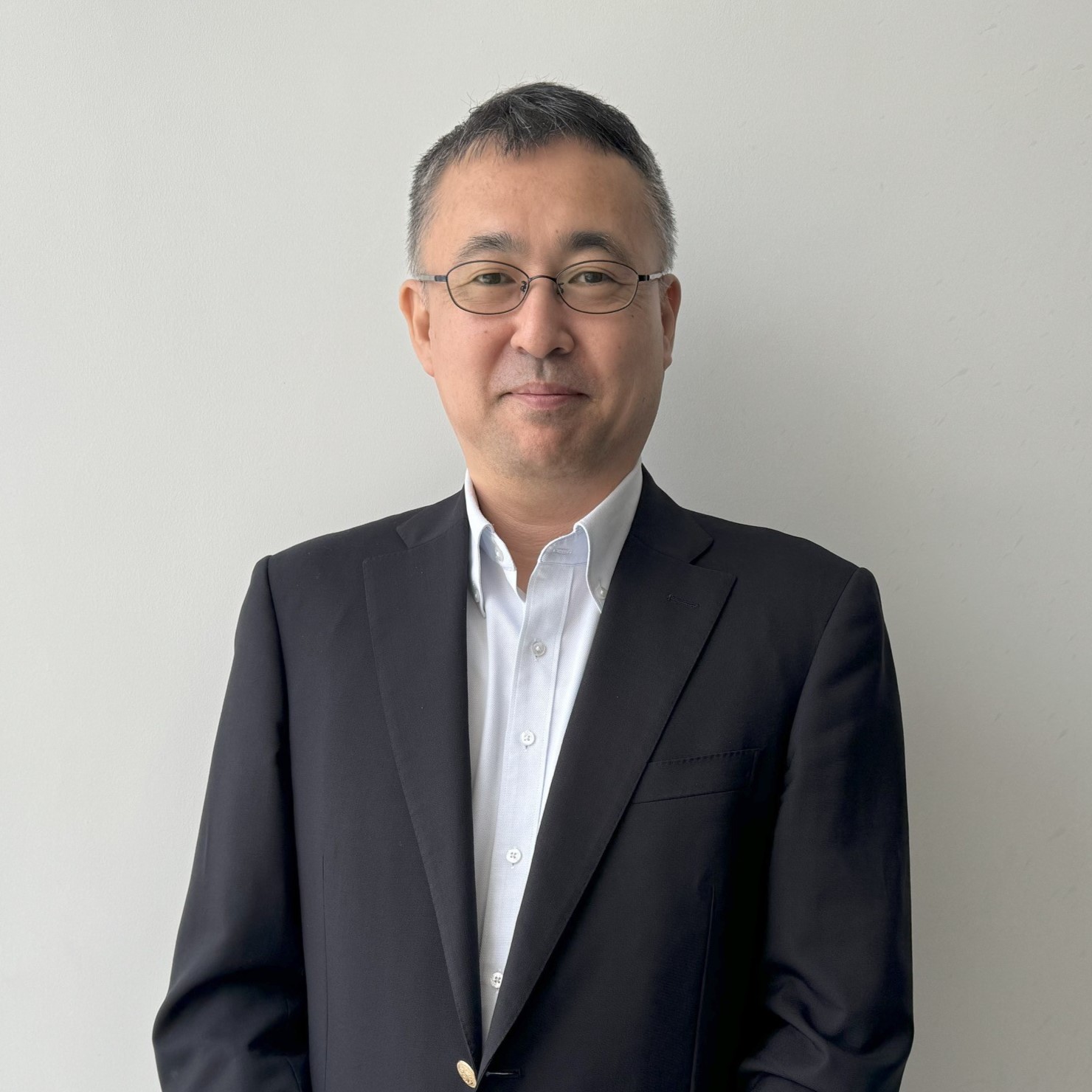
- Dr. Takasei Okano
- Senior Advisor, Japan International Cooperation Agency (JICA)
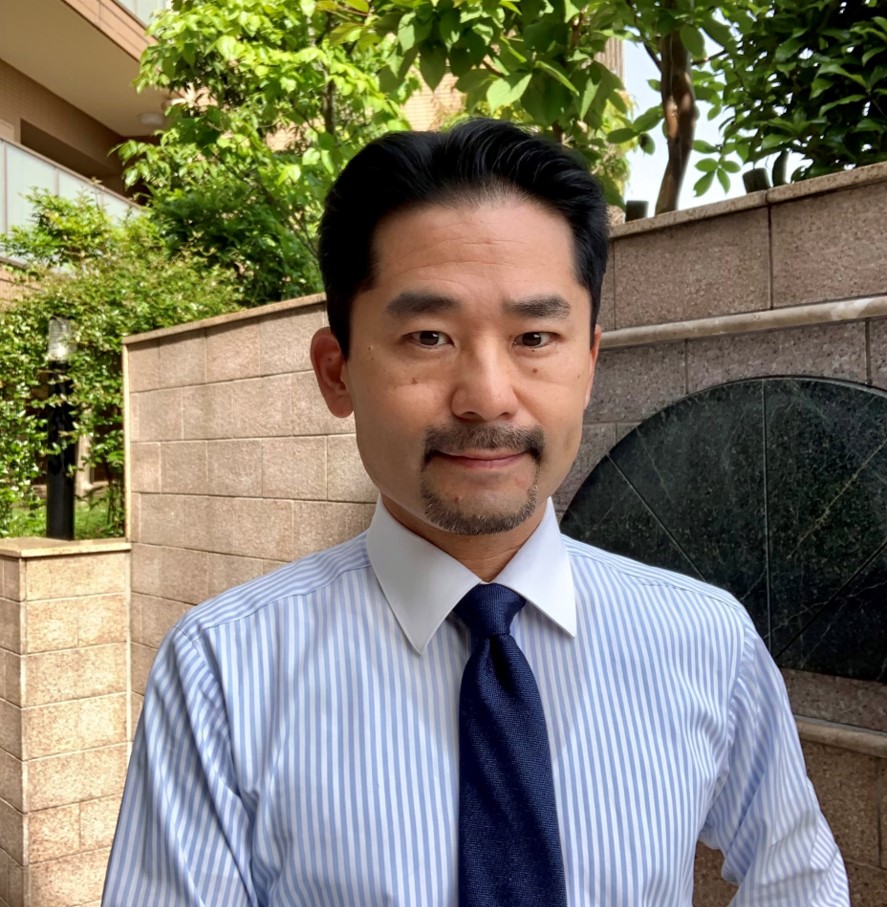
- Mr. Daisuke Ueda
- Deputy Director General, and Group Director for Higher Education and Social Security, Human Development Department, Japan International Cooperation Agency (JICA)
olympics ?how youth sustain nations
breaking 3/24 -japan olympics postponed for year thanks abe ..koike ..nbc ..jack ma ..and most of all every athlete -moore economistarts.com economistsports.net
breaking 3/24 american culture/values do not exist without sport. i am not saying this is a good thing- in 1999 i edited triple special issue of jnl of marketing management on brand reality- how millennials needed smart media and to mobilise big data platforms celebrating more action learning less ads -but now is the time to celebrate eg nbc tv distributor of the games message to japan and olympics committee- back their responsibility to choose when tokyo and global athlete star- moore Q&A welcome at co-blog MAolympics.com
| . |




No comments:
Post a Comment